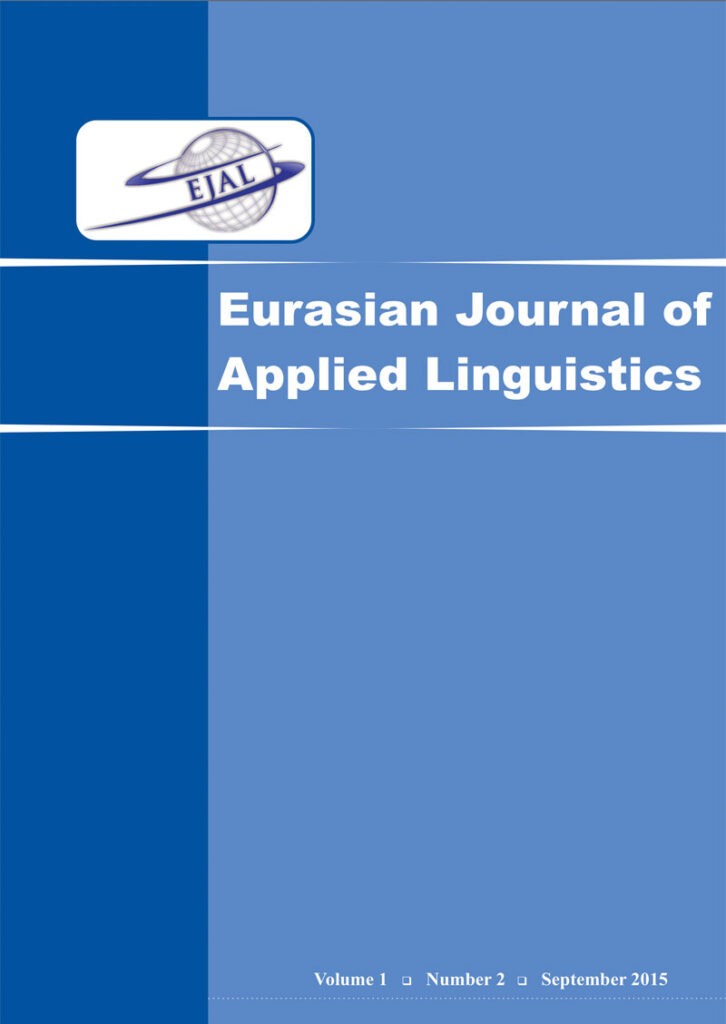Keywords: Arabic ESL, orthographic competence, orthographic transfer, spelling, vowel blindness
Abstract
This study investigates the possible cause(s) of English spelling errors by Arabic learners of English (ALEs). Studies show that ALEs make significantly more English spelling errors than other English second-language learner groups. Studies also show ALEs make more errors with vowels. The omission of short vowels in Arabic writing has been proposed to cause vowel blindness in English, resulting in the poorer spelling performance. This study evaluates this claim by comparing the distribution of short and long-vowel errors and vowel and consonant error types from handwritten texts by ALEs. While this study found more vowel than consonant errors, only the distribution of vowel graph-choice and insertion errors significantly differed from the number of consonant errors by subcategory. Graph-choice errors, not omission errors, were exceedingly the most common error type. Vowel length was not significantly associated with either vowel omission or graph-choice as expected under the vowel blindness hypothesis. The results, thus, did not indicate a missing vowel orthographic transfer effect as the primary reason for ALE orthographic production difficulty in English. Instead, this paper proposes an underdeveloped lexical-orthographic-representation hypothesis to account for both the degree and range of errors found. This study also found that low and high proficiency groups only significantly differed in consonant graph-choice and silent-graph error categories, with the advanced group performing better. These results suggest that ALE spelling skills are not markedly improving with the advancement of other writing skills and that ALEs may need explicit spelling instruction, especially to connect vowel phonemes with multiple graphemes.

